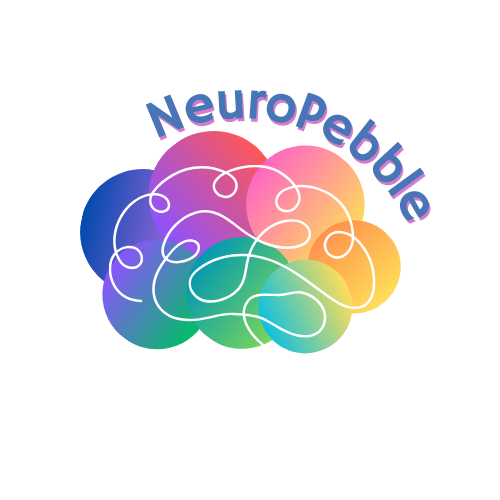Transformative Care for Black, Interracial and Neurodiverse Families & Children
-
What's included?
-
1.5 hour recorded webinar
-
slides & support resources
-
1.5 NBCC CE hours*
Learning Objectives
*NBCC CE hours
Write your awesome label here.
Meet the instructor
Jasmine Bishop, LPC-S
Jasmine is a Licensed Professional Counselor-Supervisor, creator, and recovering perfectionist. Her love is to do therapy with women and teens who are too hard on themselves and come from complicated families. Her plans to take over the world includes making mental health relevant, equitable, and accessible.
Learn more about the Empowering Reflections Therapy Journal
Write your awesome label here.
